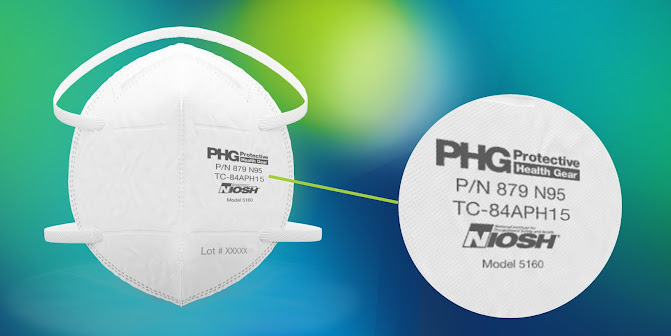Choosing the Right Face Mask: N95 Respirators vs. Surgical Masks
Face masks have become a necessary accessory in our daily lives as we strive to protect ourselves and others from the spread of COVID-19. However, not all face masks are created equal. Two of the most commonly used types of masks are N95 respirators and surgical masks. While both provide some level of protection, there are important differences between the two that should be considered when choosing the right mask for your needs.
N95 respirators are designed to protect the wearer from inhaling dangerous particles, including virus particles. These masks are made with a tight-fitting respirator filter that filters out at least 95% of airborne particles. N95 respirators are considered to be the gold standard for personal protective equipment (PPE) in healthcare settings and are recommended for use by the Centers for Disease Control and Prevention (CDC) in healthcare settings.
Surgical masks, on the other hand, are designed to protect the patient from the wearer's respiratory droplets. These masks are typically made of a three-layer material that includes a barrier layer, a filter layer, and a breathable layer. Surgical masks do not provide the same level of protection as N95 respirators, but they can still help to reduce the spread of virus particles from the wearer to others.
When choosing the right face mask, it is important to consider the level of protection that you need. If you work in a healthcare setting or are at high risk of exposure to COVID-19, an N95 respirator is the best option. These masks provide the highest level of protection and are recommended for use by healthcare workers and other individuals who are at high risk of exposure.
For individuals who are not at high risk of exposure, a surgical mask may be a suitable option. These masks provide a lower level of protection but can still help to reduce the spread of virus particles from the wearer to others. Surgical masks are also more comfortable to wear for long periods of time and are less likely to cause skin irritation.
It is also important to note that both N95 respirators and surgical masks should be used in conjunction with other preventive measures, such as hand hygiene, social distancing, and avoiding close contact with infected individuals. Additionally, it is important to follow the manufacturer's instructions for use and disposal of the mask.
In conclusion, choosing the right face mask is an important decision that should be based on the level of protection that you need. N95 respirators provide the highest level of protection and are recommended for use by healthcare workers and other individuals at high risk of exposure to COVID-19. Surgical masks, while providing a lower level of protection, can still help to reduce the spread of virus particles and are a suitable option for individuals not at high risk of exposure.


Comments
Post a Comment